Dr. Muda Yusuf is one of Nigeria’s most respected economists and policy analyst, known for his bold insights, pragmatic views, and deep understanding of the Nigerian economy. With a career spanning over three decades across public policy, economic advocacy, and institutional leadership, he has earned his place as a prominent voice in national discourse. From his tenure as Director-General of the Lagos Chamber of Commerce and Industry to founding the Centre for the Promotion of Private Enterprise, Yusuf has consistently championed the role of the private sector in driving sustainable economic growth. In this exclusive interview, Yusuf opens up about the less glamorous side of his path, the missteps, the detours, and the disappointments that surprisingly paved the way for some of his biggest breakthroughs. He reflects on the highs and lows that have shaped both his career and character. Dike Onwuamaeze presents the excerpts:
Can you share some early experiences that helped shape the way you see the world today?
It has been a very bumpy road. But one thing that became clear after going through a rather bumpy ride till date is that what will be will be and that all things work together for good. Because I have seen instances where I had my eyes in different kinds of dreams or visions, but for some reason, I ran into obstacles that stirred me away from those aspirations. But at the end of the day, I had cause to say perhaps this is what God wants for me. I learnt to avoid desperation about achieving anything, while ensuring that I have put in my best. Some of the stumbling blocks in my journey had turned out to be stepping stones. Some of the detours turned out to be driving me in the direction that has been destined for me, and for good. I have seen this in the course of my journey through academics, career, and life generally. Of course, I did not realise these immediately, but over time. The lesson there is that when disappointments come, and they will always come, especially in a situation where you have put in your best to achieve a particular objective, we should learn to accept that it is the will of God. We should avoid desperation. This aligns with the Yoruba proverb that the water that you would drink would not flow past you.
What values did your parents instill in you that remain your compass today?
The key values are that of fear of God, love, honesty, contentment, loving your neighbour as yourself, and being your brother’s keeper, amongst others. My parents had so many people living with us when I was growing up who were not my biological brothers or sisters. I grew up learning that the values of care and love, not only for the immediate family, but extended family as well. I remembered my dad warning me seriously when I had my first official car (because he could not understand the difference between a company’s car and a government car) that this is a government’s property and that I should make sure I take good care of it. It showed the kind of psychology that he has about things that are not yours and how you should take care of things that are put in your custody or in your trust.
Who is the one person that you always turn to when making big decisions in your life?
Not just one person. It depends on the nature of the decision being taken. Of course, I consult my wife because of our collective journey through life. I also consulted my parents when they were alive. And I have an uncle who has been a major inspiration and who played a big role in shaping my journey through life. I consult him as well. Professionally, I had Amb. Adekunle Olumide, who recruited me to the Lagos Chamber of Commerce and Industry (LCCI) in 1993 as a Principal Research Officer, after a screening exercise by the then Peat Marwick. He was my mentor. Before joining the LCCI, I was a journalist with the Nigeria Economist Magazine, my editor was Mr. Kunle Fagbemi at the time. He was also my mentor in journalism since my days at the University of Ilorin, where he set up a press club named Society of the Moderns. My publisher was Dr. Haroun Adamu. He was a major inspiration because he gave us all the necessary tools to work as journalists. Different people have different influences on me in my journey through life.
What does a perfect Sunday looks like in your house?
A perfect Sunday is for us to relax and bond as a family. It is also the day that my wife does fresh cooking of all manner of stews and soups for the week. But basically, Sundays are days for bonding for my family, although it is also a day for occasional social visits, being always a traffic-free day.
What lessons are you passing on to your children and the younger generation?
They are lessons of hard work, honesty, love and not being too dependent on either your parents or others. It is the lessons of striving to be independent. It is lessons of love and respect for other people’s dignity, honesty, and fear of God.
How does your wife help you to navigate the highs and lows of public life?
Well, the home front is very important for the success of any man. My wife is not an economist or a research person; she is an entrepreneur. So, professionally we do not have much in common. But she makes the home front comfortable, peaceful and relaxing in a manner that enhances my productivity in many other endeavours.
How do you prioritise your health and wellness amid your professional pursuits?
I must confess that I have been rather negligent in this regard because I only go to the hospital when I am sick. However, as I get older, I am beginning to appreciate the need for periodic medical checkups for my wife and myself. So, my attitude is beginning to change.
Which Nigerian city do you like to escape to when you want to unplug?
Well, I am not a vacation or travelling person. Occasionally, I travel during major holidays and festivities. For me, there is no place like home. And switching off completely from my daily routine for weeks can be very boring for me. I cannot just be somewhere sleeping and waking up and looking at the sun and the sea. I do not know how to enjoy it. I have to be busy doing something I enjoy doing, and it can be fun for me, as long as I am not under any kind of pressure.
Who is a national figure that you admire and wish to emulate?
The personality I admire a great deal is the former governor of Lagos State, late Alhaji Lateef Jakande. He was a very simple man. He had clear ideas as to what to do when he was seeking for power as governor of Lagos State. He spent only four years as Governor of Lagos State, but his achievements were incredible. As Governor of Lagos State, he was living in his own house. His modest house was in Ilupeju and until he died, I do not think he built any other house for himself. He was riding his own personal vehicle that he had been using before he became governor. His selflessness and commitment to uplifting the ordinary people was unrivalled. Many people who never dreamt of owning their own houses became homeowners through the mass housing programme he embarked upon. He aggressively pursued the free and compulsory education programme of the then Unity Party of Nigeria. He was also a man of foresight. He was the one that established Lagos State University and acquired large expanse of land for the university, which today has become a great asset for the university. You will see his footprints practically everywhere in the state.
What geographical destination is still in your pocket list?
None! My preference is my country. I just want this country to be better. I do not need any other destination. Let us fix this country to be good enough so that we do not need to be travelling and going to places where we face the risk of all manner of embarrassments as a foreigner. Let us just fix our own country and enjoy it. For me, the best place to stay is home, which is my own country. So, let us fix our country and this is my special appeal to all our leaders: they should make us feel very comfortable at home in our country.
What book changed your perspective or stayed with you long after the final page?
I am not a great reader of books. I have more of an analytical disposition, not much of a literary bias. Although I read about current affairs, domestic and global economy, and on how countries are managed. But some of the books that inspired me are autobiographies like the late Chief Obafemi Awolowo’s autobiography and the ups and downs he went through; his “Thoughts on Nigerian Constitution” and the kind of vision he had for his country and his people. Also, there are inspirational write-ups online that strengthen one’s philosophy about life. So those are the kind of writings that inspires me.
When the pressure adds on, what mantra or philosophy keeps you steady?
Once I have satisfied myself that I have done my best, I leave the rest to God. I remind myself that I cannot fix every problem, and I cannot have a perfect outcome. I just do my best and move on. That way, I am not overstretched and do not put myself under unnecessary pressure.
What advice will you give to your 25-year-old self?
The advice is the need to be focused, know myself, avoid perfectionist tendencies, do my best at all times, and avoid peer pressure. God has designed life in such a way that everybody has his own track. We should not be running another person’s race or crossing into other people’s tracks. The plan for every individual by God is unique to that person. That for me will be the kind of philosophical framework that should guide my younger self. The most important is for me to be myself.
What do you consider your proudest achievement when you reflect at your time as the Director General of LCCI?
I was able to build on the laudable legacies of my esteemed predecessors, especially Amb. Adekunle Olumide and late Sir Remi Omotoso. They were the two directors general of LCCI that I worked with before I became the director general. I did my best to elevate the level and effectiveness of the chamber’s advocacy programmes and stakeholder engagements. The focus of the advocacy engagements was to improve the business environment and deepen public-private sector dialogue. Under my leadership, we also deepened the chamber’s impact in business development services, relations with the diplomatic community and trade promotions, at both domestic and international levels.
What is your motivation in establishing the CPPE?
The motivation actually flowed from what I was doing at the LCCI where I was relating with business owners and managers at various levels: small, medium, large, conglomerates, multinationals, foreign investors and so on. I also had to lead series of economic analyses and policy engagements at various levels of government. These are things I had great passion for. I had to engage on macroeconomic issues, regulatory issues and other structural issues impacting the business environment. So, it was a natural progression for me because it is better and easier for me to continue in what I have passion for and enjoying doing. So, the transition was much easier for me where I will continue to relate with issues on business environment whether it is policies, regulations, monetary, fiscal, macroeconomic issues etc. And I thank the media for their support, which has made it much easier for me. So, it is a question of passion and leveraging the experience I already acquired. I hope that I will be able to strengthen this and also build younger people to step in to business advocacy.
How much relief has the tax reform brought to low-income earners?
Well, it is too early to say because the implementation of the reform is going to kick off next year. But from what we have seen so far, I think that there is a lot that we need to do to actually enable the poor to benefit more from the reform. For instance, the threshold for exemption from Personal Income Tax is fixed at N800,000 income per annum is very low. Even the minimum wage is more than N800,000 per annum. I think that threshold should be increased significantly to N1.5 million. We also need to do a lot more in terms of the allowances that are in the tax reform. The allowances are too small when compared to the cost of living – cost of accommodation, payment of school fees, cost of transportation, coast of healthcare etc. These costs have risen astronomically in the past two years. The allowances in the in the new tax law do not reflect this reality, especially for the middleclass who resides in the major cities. What I am saying is that the pressure on the middleclass is likely to be very, heavy under the new tax reform environment. I think that we need to review the tax laws in the near term to make allowances for personal income tax more realistic taking into the prohibitive cost of housing, cost of education for the children of tax payers, health services, transportation, electricity provision and water supply. However, I believe that the reform itself is a journey and that the laws would be fine-tuned as we progress with the implementation. It is also important to be mindful of the fact that 2026 is a pre-election year and therefore the tax reform implementation should be done strategically to minimise the political cost to the government.



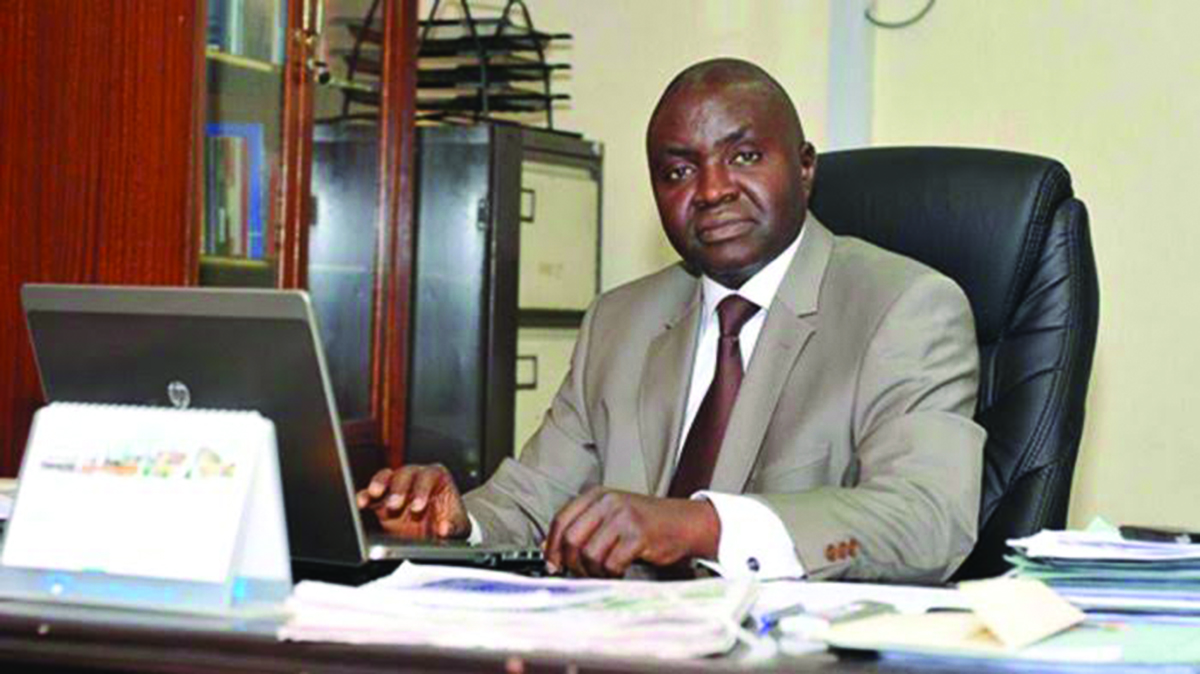
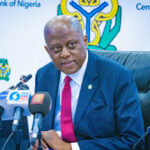
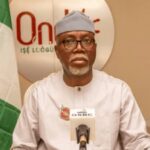
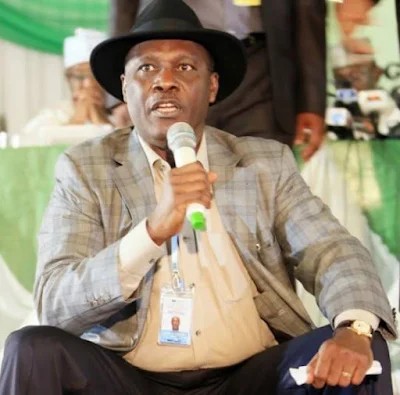
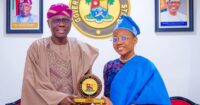
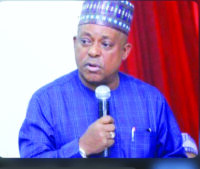
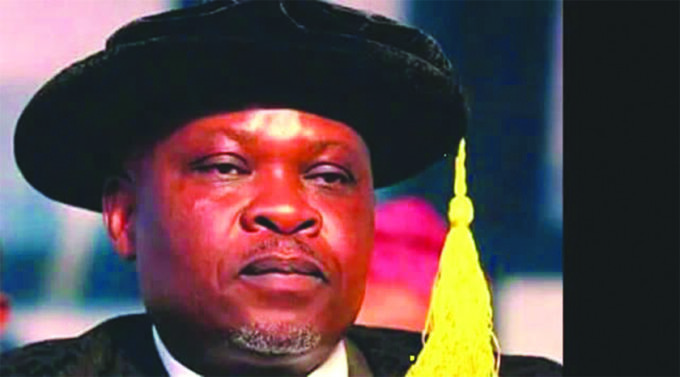
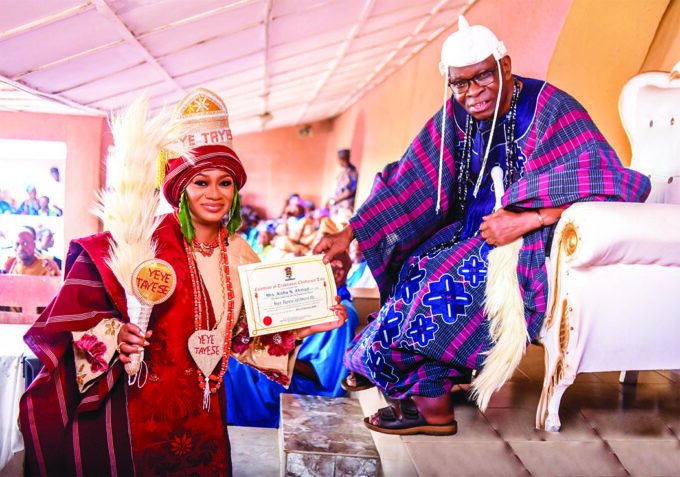
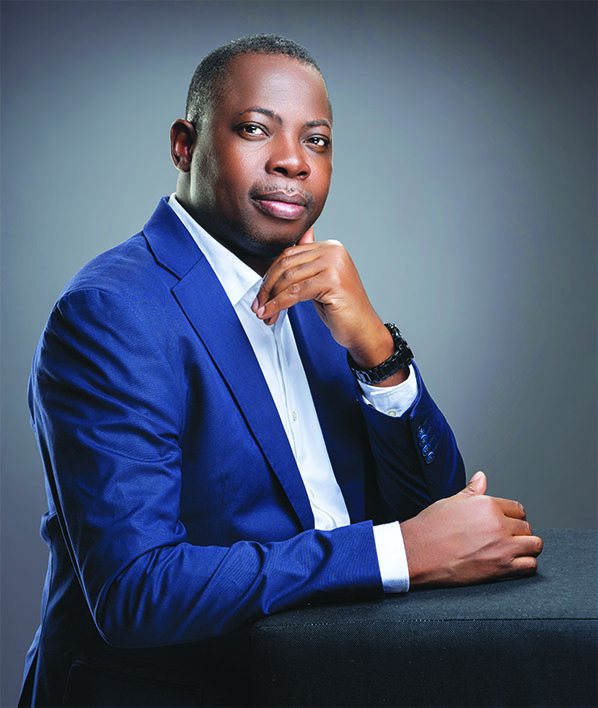
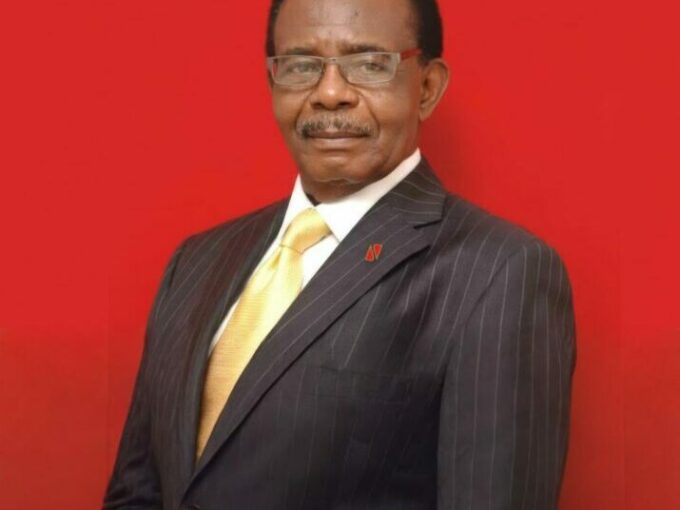


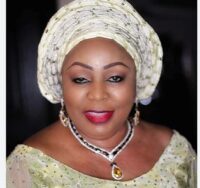
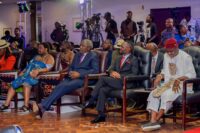
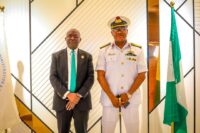
Leave a comment